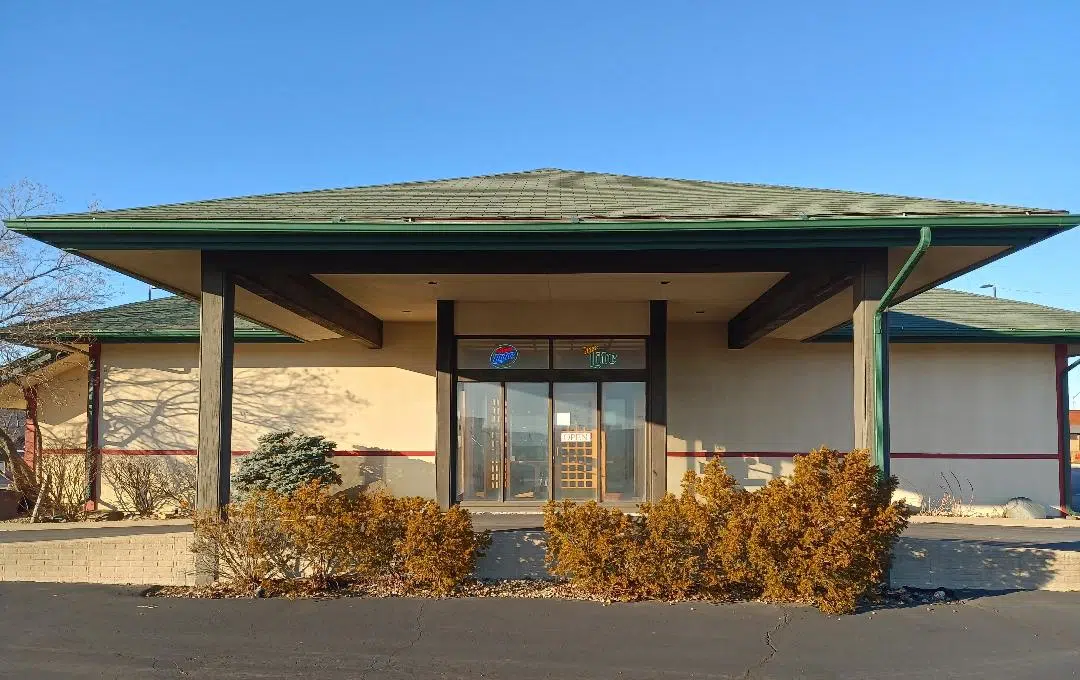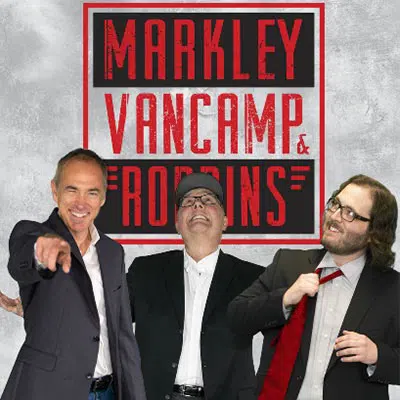John Croft, a Normal resident, isn’t happy about the proposed High Haven cannabis dispensary proposed for the old Mandarin Gardens House restaurant building in the Shops at College Hills. And he isn’t alone.
Residents spoke out against the proposal at the January 19th Normal Zoning Board of Appeals (ZBA) meeting. Minutes of that meeting have yet to be posted on that entities website.
But the Normal City Council Report for their February 6th meeting references what happened at that ZBA meeting. According to that report those opposed to the proposal shared a general disapproval of the sale of adult-use cannabis.
Croft shares that general disapproval telling Cities 92.9, “Why would we even want to do this? Why don’t we focus on businesses that don’t potentially get our young people involved and destroy their lives for the rest of their life?”
“It seems that all of this happens in college towns where they are more receptive,” Croft continued. That means young people have opportunities.”
And of course they sell stuff that looks like candy which is a good gateway for the young people and to the the wrong kind of things,” Croft added.
We don’t need more of this in the community,” Croft said.
Steve Suess. Chair of the McLean County Libertarian Party, disagrees with Croft.
Suess told Cities 92.9, “Both personal freedom of choice and the free market are core tenants to libertarianism. I’m thrilled that our community will see more competition in the cannabis marketplace and give twin city residents more options.”
Suess continued, “Anyone who has ever visited either dispensary in town knows there’s tremendous room for growth in the cannabis marketplace in McLean County. Both current dispensaries are incredibly busy, frequently featuring lines out the door.”
“At the end of the day, if citizens don’t want another dispensary in this community, they can vote with their dollars. That’s how a free market economy is supposed to work, not by big government planning commissions limiting growth and opportunity,” Suess said.
Suess isn’t alone either. According to the council report residents spoke out at the ZBA meeting in favor of this project as well as against it. The report notes that many pointed out the sale and impact of adult-use cannabis is similar to the existing sale and impact of alcohol.
Fairlawn Capital and Wintergreen Residents Cooperate! Carden Springs Approved!
So, what are we learning about the impacts of legal cannabis use?
An article that appeared in the October 2014 edition of The National Bureau of Economic Research Digest titled The Consequences of Legalizing Marijuana says, ” legalization increased both marijuana use and marijuana abuse/dependence in people 21 or older. It was also associated with an increase in adult binge drinking, defined as the number of days on which an individual had five or more drinks on the same occasion in the last month. People 12 to 20 years old were 5 to 6 percent more likely to try marijuana for the first time when medical use was legalized. Legalization was not associated with an increase in adolescent drinking, or with increased cocaine or heroin use in either group.”
The same article reported, “For adults, the baseline predicted probability of an individual having used marijuana in the last month was 8.6 percent. Legalization increased it by 1.37 to 1.40, an increase of 16 percent. The number of marijuana use days per month rose by 0.14 to 0.21 days a month, or 12 to 17 percent. Legalization increased the probability of adolescent initiation of marijuana use in the last year by 0.32 to 0.46 percent, a 5 to 6 percent increase. While this suggests that more adolescents experimented with marijuana, the data do not suggest that regular use increased in this group”.
A more recent article dated February 2nd, 2021, published by the Cato Institute opens by saying, “Supporters and critics make numerous claims about state‐level marijuana legalizations. Advocates suggest that legalization reduces crime, raises tax revenue, lowers criminal justice expenditures, improves public health, increases traffic safety, and stimulates the economy. Critics argue that legalization spurs marijuana and other drug or alcohol use, increases crime, diminishes traffic safety, harms public health, and lowers teen educational achievement.”
The Cato article continues, “In previous work, we found that the strong claims made by both advocates and critics are substantially overstated and in some cases entirely without support from existing legalizations; mainly, state legalizations have had minor effects. This paper updates previous work to account for additional years of data and the increase in the number of states with legalized marijuana. Our conclusions remain the same, but our assessments of legalization’s effects remain tentative because of limitations in the data. The existing data nevertheless provide a useful perspective on what other states should expect from legalization or related policies.”
And a third article dated July 1, 2021, published by Health Affairs reflects thoughts similar to the Cato article, highlighting, “Research suggests that cannabis use is associated with potential therapeutic benefits but also individual health harms, particularly for adolescent populations.”
The article states, “Evidence is inconsistent and, in some cases, inconclusive regarding how recreational cannabis legalization affects outcomes significant to public health, including cannabis use, cannabis use disorder, cannabis-related hospitalizations and poisonings, driving safety, and other substance use.”
The article continues, “Researchers can improve on existing evidence by targeting understudied areas, including features of legal cannabis markets, heterogeneous policy effects across populations, and characteristics of cannabis supply such as price, potency, and product type.”
And lastly it ponts out, “In the face of uncertainty regarding the health consequences of legalization, policy makers should adopt regulatory designs informed by public health priorities and work with researchers to evaluate policy effects.”
These articles can easily be found and read in their entirety on the internet by making a simple Google search. We searched for, “The Impacts of Legal Cannabis” and these articles were the top three. Many other articles are readily available for those truly interested in learning more about the pros and cons of legal cannabis use.
The High Haven request for a Special Use Permit will be voted on by the Normal Town Council at its meeting on February 6, 2023.







